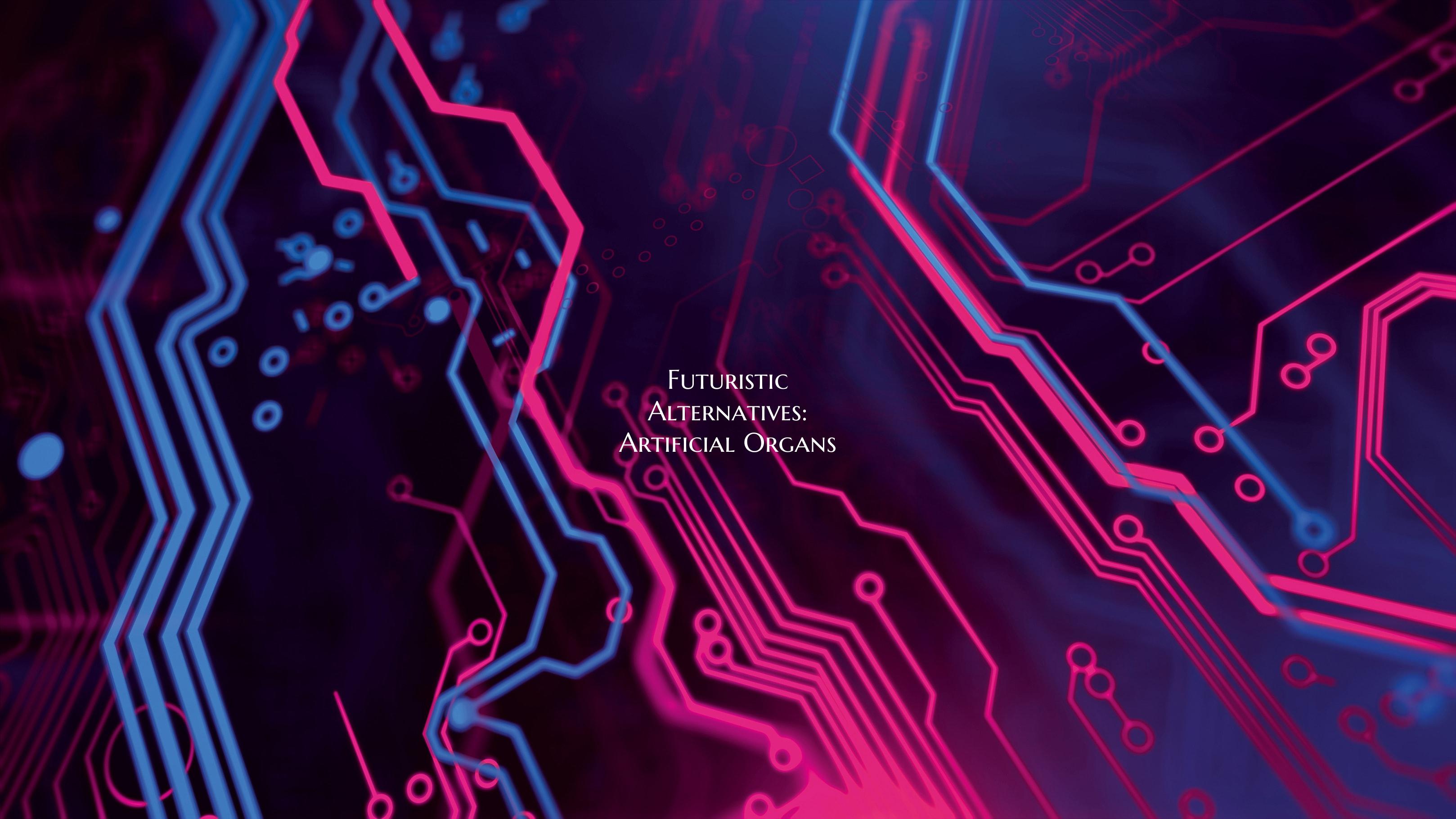Futuristic Alternatives: Artificial Organs
In the rapidly advancing field of medical technology, the concept of artificial organs is emerging as a promising solution to address the growing demand for organ transplants and to improve patient outcomes. Artificial organs are man-made devices that mimic the functions of natural organs, providing a crucial alternative for patients waiting for donor organs or those who are unable to undergo traditional organ transplantation.
One of the major benefits of artificial organs is their potential to revolutionize the treatment of organ failure and chronic diseases. These innovative devices are designed to closely replicate the structure and function of natural organs, offering patients a more reliable and durable solution compared to traditional treatment methods. The development of artificial organs opens up new possibilities for treating a wide range of conditions, including heart failure, kidney disease, liver failure, and more.
Artificial organs are created using a variety of cutting-edge technologies, such as 3D printing, bioengineering, and regenerative medicine. These techniques allow researchers and scientists to design and produce customized organs that are compatible with the patient's body, reducing the risk of rejection and improving overall functionality. Through the use of advanced materials and biocompatible structures, artificial organs can seamlessly integrate with the patient's biological systems, providing long-term benefits and improved quality of life.
Moreover, artificial organs have the potential to address the critical shortage of donor organs, which currently limits the availability of organ transplantation procedures. By offering a viable alternative to traditional organ transplants, artificial organs can significantly reduce wait times for patients in need of life-saving treatments and improve overall survival rates. Additionally, the use of artificial organs can help alleviate the ethical concerns and logistical challenges associated with organ donation, making healthcare more accessible and equitable for all patients.
In conclusion, the development of artificial organs represents a groundbreaking advancement in modern medicine, offering futuristic alternatives to traditional organ transplantation. As researchers continue to push the boundaries of scientific innovation, artificial organs hold great promise for revolutionizing healthcare and improving patient outcomes. With further advancements in technology and research, artificial organs have the potential to transform the landscape of medical treatment, providing hope and healing for patients around the world.

